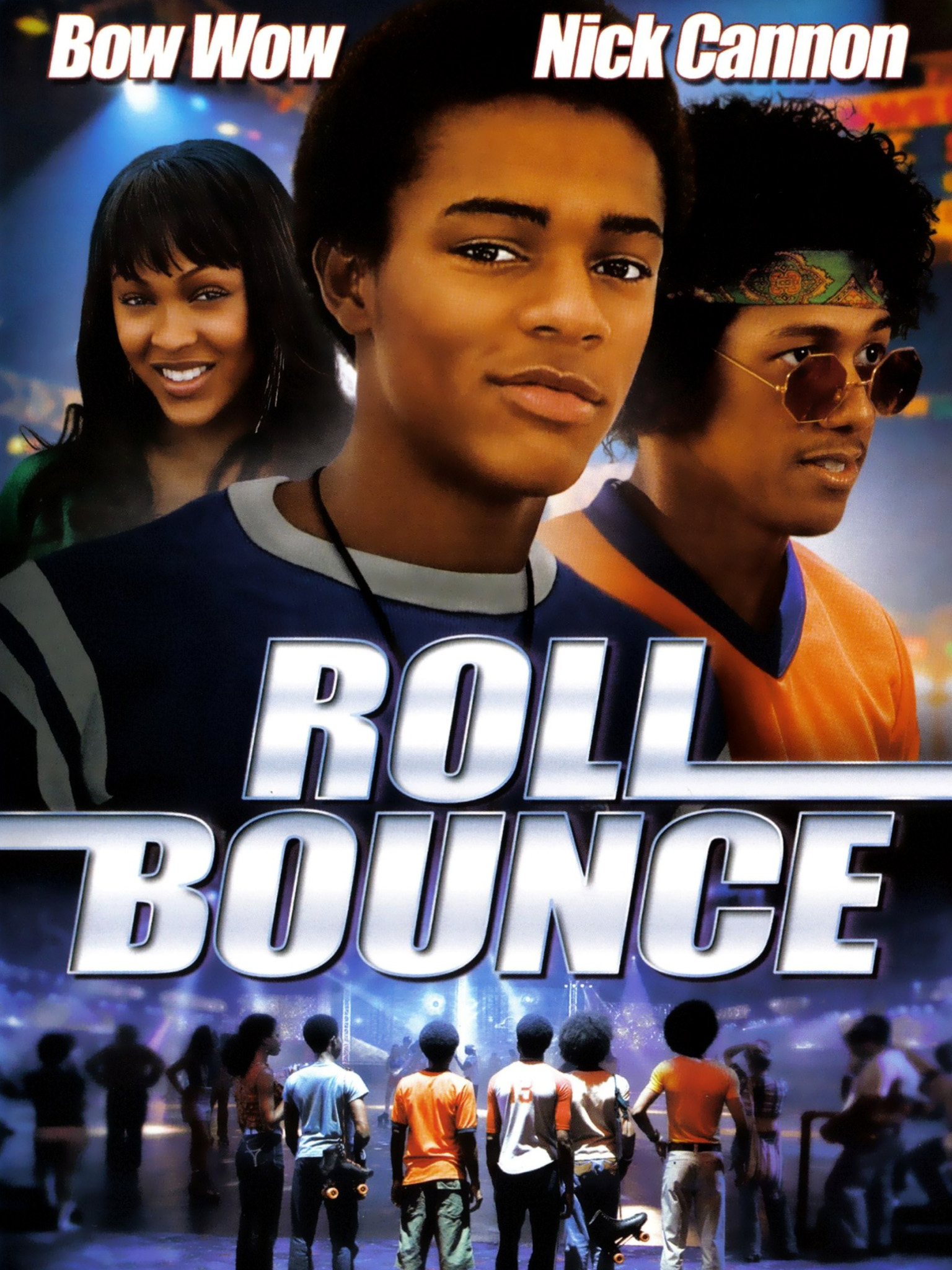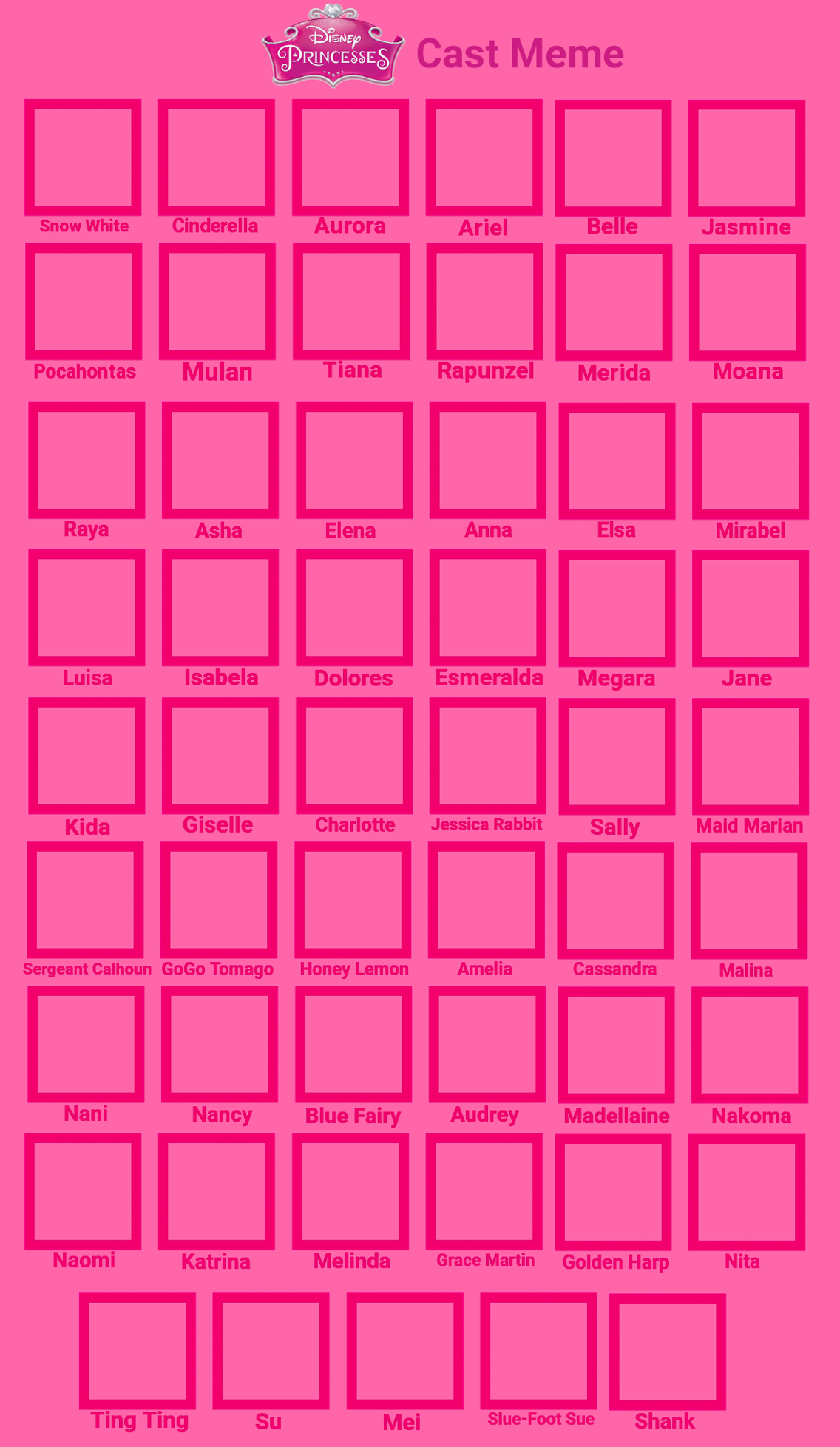Mastering Rollbounce Casting: The Ultimate Guide For Anglers
Rollbounce casting is a specialized technique that every serious angler should master. This method offers unparalleled accuracy and control, making it an essential skill for those who want to take their fishing experience to the next level. Whether you're fishing in calm waters or challenging conditions, understanding rollbounce casting can significantly enhance your success rate.
For many anglers, mastering the art of casting is one of the most rewarding aspects of the sport. Rollbounce casting, in particular, stands out as a technique that combines finesse and power, allowing anglers to achieve precise casts even in tricky situations. This guide will delve deep into the intricacies of rollbounce casting, offering tips, techniques, and expert advice to help you become a more proficient angler.
In this comprehensive article, we will explore the history of rollbounce casting, its benefits, and how to perfect the technique. Whether you're a beginner or an experienced angler, this guide will provide valuable insights to help you improve your skills and enjoy more successful fishing trips.
Read also:Maximizing Stardew Valley Revenue A Comprehensive Guide For Farmers
Table of Contents
- What is Rollbounce Casting?
- History of Rollbounce Casting
- Benefits of Rollbounce Casting
- Essential Gear for Rollbounce Casting
- How to Perform Rollbounce Casting
- Common Mistakes to Avoid
- Advanced Techniques
- Tips for Improving Your Skills
- Popular Locations for Rollbounce Casting
- Conclusion
What is Rollbounce Casting?
Rollbounce casting is a unique fishing technique that combines the principles of roll casting and bounce casting. Unlike traditional casting methods, rollbounce casting allows anglers to cast their lines with precision in confined spaces or around obstacles. This technique is particularly useful for fishing in rivers, streams, or areas with dense vegetation.
The key to successful rollbounce casting lies in understanding the mechanics of the cast and developing the right muscle memory. By mastering this technique, anglers can achieve greater accuracy and control, resulting in more successful fishing trips.
Key Features of Rollbounce Casting
- Precision casting in tight spaces
- Minimal backcast required
- Effective for fishing in challenging conditions
- Enhanced control over line placement
History of Rollbounce Casting
The origins of rollbounce casting can be traced back to the early days of fly fishing. As anglers sought to improve their casting techniques, they began experimenting with different methods to overcome the challenges posed by their environments. Over time, the rollbounce technique emerged as a solution for anglers who needed to cast in confined spaces or around obstacles.
Today, rollbounce casting is widely recognized as an essential skill for anglers who fish in rivers, streams, and other challenging environments. Its popularity continues to grow as more anglers discover the benefits of this versatile technique.
Benefits of Rollbounce Casting
Rollbounce casting offers several advantages over traditional casting methods, making it an essential skill for anglers of all levels. Some of the key benefits include:
- Improved accuracy and control
- Reduced risk of disturbing fish with excessive backcasts
- Enhanced ability to fish in tight spaces
- Increased efficiency in challenging environments
By mastering rollbounce casting, anglers can significantly improve their chances of success and enjoy a more rewarding fishing experience.
Read also:Jason Kelce And Down Syndrome A Heartwarming Story Of Advocacy And Awareness
Essential Gear for Rollbounce Casting
Having the right gear is crucial for mastering rollbounce casting. Below are some of the essential items you'll need to get started:
Rod and Reel
For rollbounce casting, a medium-action rod between 8 and 9 feet in length is ideal. Pair this with a smooth-spinning reel that allows for easy line control.
Line
Choose a floating line with a weight rating that matches your rod. This will provide the necessary buoyancy and casting performance for rollbounce techniques.
Leader
A tapered leader between 9 and 12 feet in length will help ensure smooth presentation and accurate casts.
How to Perform Rollbounce Casting
Learning how to perform rollbounce casting requires practice and patience. Follow these steps to master the technique:
- Start by positioning your rod at a 45-degree angle to the water's surface.
- Use a smooth, controlled motion to lift the rod tip, creating a loop in the line.
- As the loop begins to unfurl, gently bounce the rod tip to generate additional momentum.
- Release the line with a smooth forward stroke, allowing the loop to carry the fly to your target.
With consistent practice, you'll develop the muscle memory needed to execute rollbounce casts with precision and confidence.
Common Mistakes to Avoid
Even experienced anglers can make mistakes when learning rollbounce casting. Below are some common errors to avoid:
- Using too much force, which can lead to inaccurate casts
- Failing to maintain proper line tension, resulting in poor loop formation
- Not practicing enough, which can hinder the development of muscle memory
By being aware of these potential pitfalls, you can focus on improving your technique and achieving better results.
Advanced Techniques
Once you've mastered the basics of rollbounce casting, you can explore advanced techniques to further enhance your skills. Some of these techniques include:
Double Haul
The double haul technique involves applying additional tension to the line during the cast, resulting in greater distance and accuracy. This method is particularly useful for fishing in windy conditions or when targeting distant spots.
Mending
Mending involves adjusting the line after the cast to improve drift and presentation. This technique is essential for achieving natural drift and enticing fish to strike.
Tips for Improving Your Skills
Improving your rollbounce casting skills requires dedication and practice. Here are some tips to help you progress:
- Practice regularly to develop muscle memory and improve your technique
- Seek guidance from experienced anglers or instructors to refine your skills
- Experiment with different gear and setups to find what works best for you
By following these tips, you'll be well on your way to becoming a proficient rollbounce caster.
Popular Locations for Rollbounce Casting
Rollbounce casting is particularly effective in locations where traditional casting methods may be limited. Some popular spots for rollbounce casting include:
- Rivers and streams with overhanging vegetation
- Lakes with densely packed shorelines
- Estuaries with challenging wind conditions
These environments provide the perfect opportunity to put your rollbounce casting skills to the test and enjoy a rewarding fishing experience.
Conclusion
Rollbounce casting is a versatile and effective technique that every angler should master. By understanding the principles of rollbounce casting and practicing regularly, you can significantly improve your fishing skills and enjoy greater success on the water.
We encourage you to share your experiences with rollbounce casting in the comments below and explore other articles on our site for more tips and techniques to enhance your angling skills. Happy fishing!
For further reading, consider checking out authoritative sources such as the Fly Fishing Film Festival and the Orvis Fly Fishing Guides.

